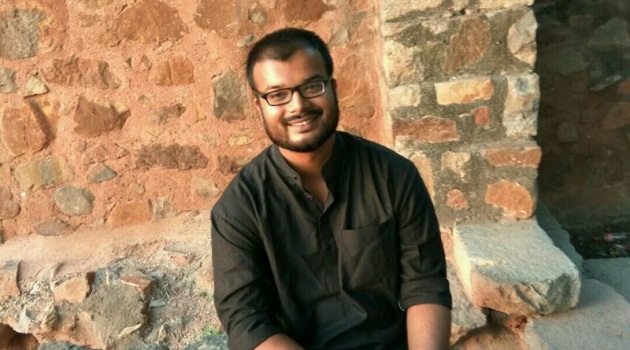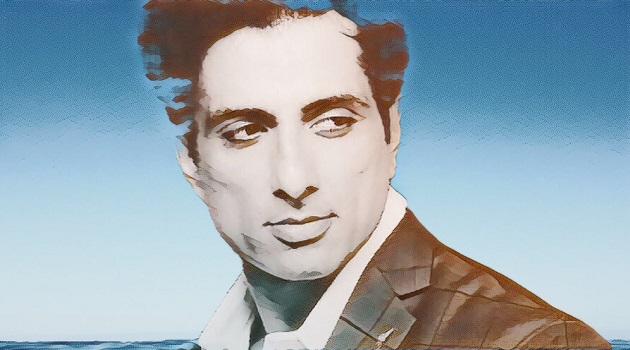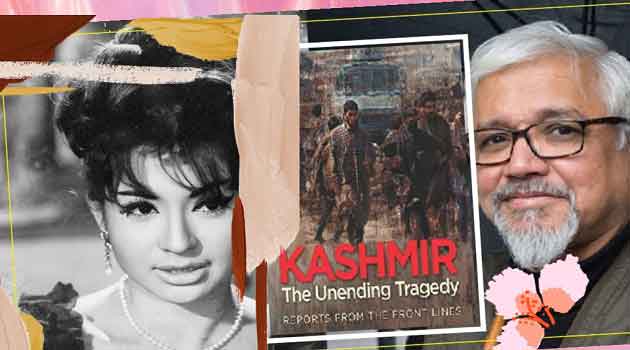He is a writer, translator and researcher

What inspires you to write, and write particularly in this form (poetry)?
Shalim Hussain: I think that the desire to tell stories inspires me to write. I use both prose and verse but the impulse has always been to tell stories. However, I choose the medium based on the story I want to tell. If it’s deeply personal or anecdotal, I prefer poetry. If the story is based on characters, I prefer the short story. However, this is highly tentative and occasionally I start writing a story in verse and if I think that it’s better suited for prose, I make a detour.
You have been a poet, a translator and a teacher. You have also co directed a documentary film on Lathibari? Which field have you been able to connect with the most? Which has been the most challenging of them all for you?
Shalim Hussain: I think I enjoy translating the most. The reason is simple: I translate works I love and since I don’t have the pressure of publishing them, the deadlines are a lot more manageable. Poetry is tough work: designing the poem, then constructing it with the most perfect words is really strenuous. As far as teaching is concerned, it’s a job and as in all jobs, one is essentially fulfilling a need. Though I teach literature and often have the good fortune of teaching texts I love or writers I admire, a healthy dose of objectivity is necessary to ascertain that students get what they deserve.
What inspired you to initiate Miyah poetry? How did the process begin? What are your expectations from this movement?
Shalim Hussain: Miyah poetry is the continuation of a tradition of protest poetry from the Bengal-origin Assamese Muslims of Assam who live or used to live in the river islands (chars) or river banks (chaporis) of the state. The char-chapori poets wrote and sang their grievances: about the harsh conditions they lived in, the lack of access to basic amenities, the constant hounding of the administration on the suspicion of being illegal immigrants from Bangladesh etc. On the streets, the word used for this community is ‘Miyah’. Now, there are a number of poets from the char-chaporis who were writing about their experiences of being labeled ‘Miyah’ but in April 2016, we started posting our poems on Facebook. It all started with a poem by Dr. Hafiz Ahmed to which I wrote a response. My poem elicited another response and soon we had a chain of poems- one poet commenting or elaborating on a poem posted by another poet: for the first time, all of us were communicating. The next step was to translate the poems and get them published.









